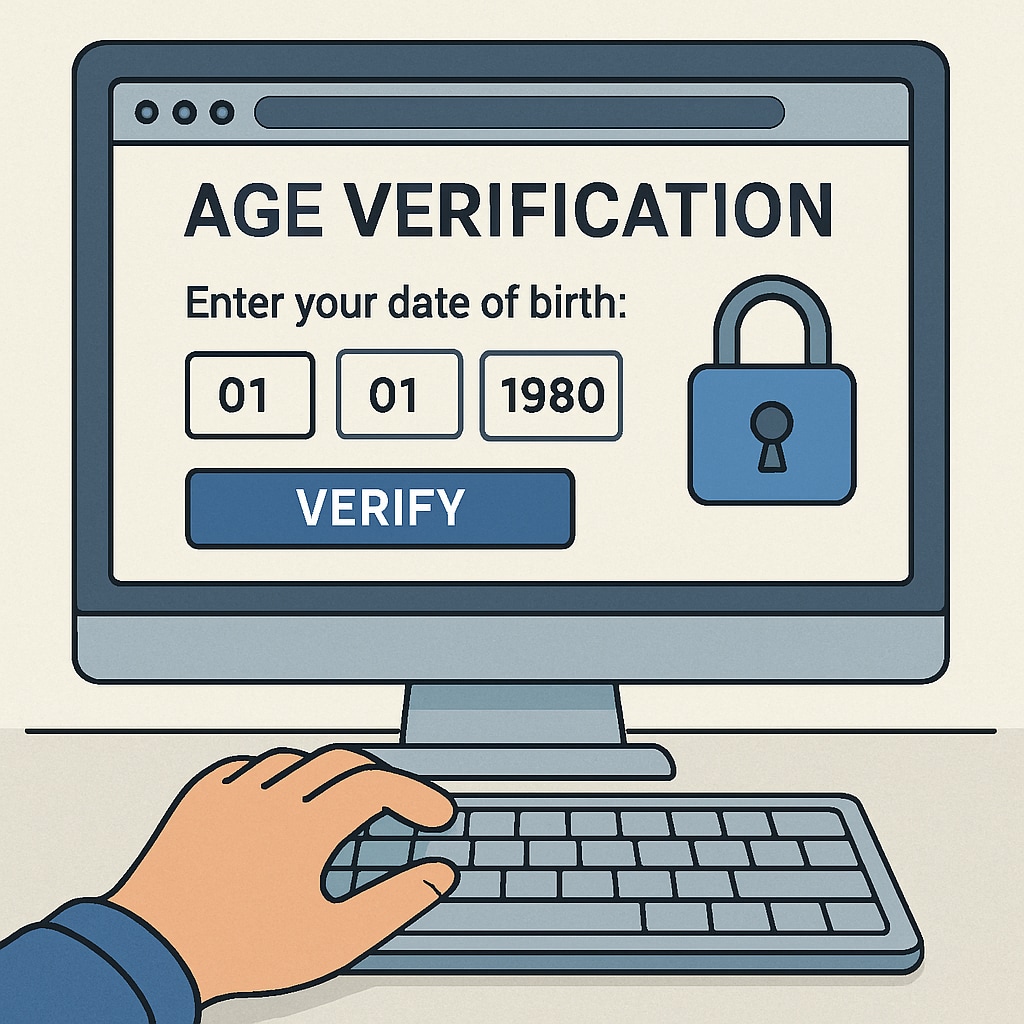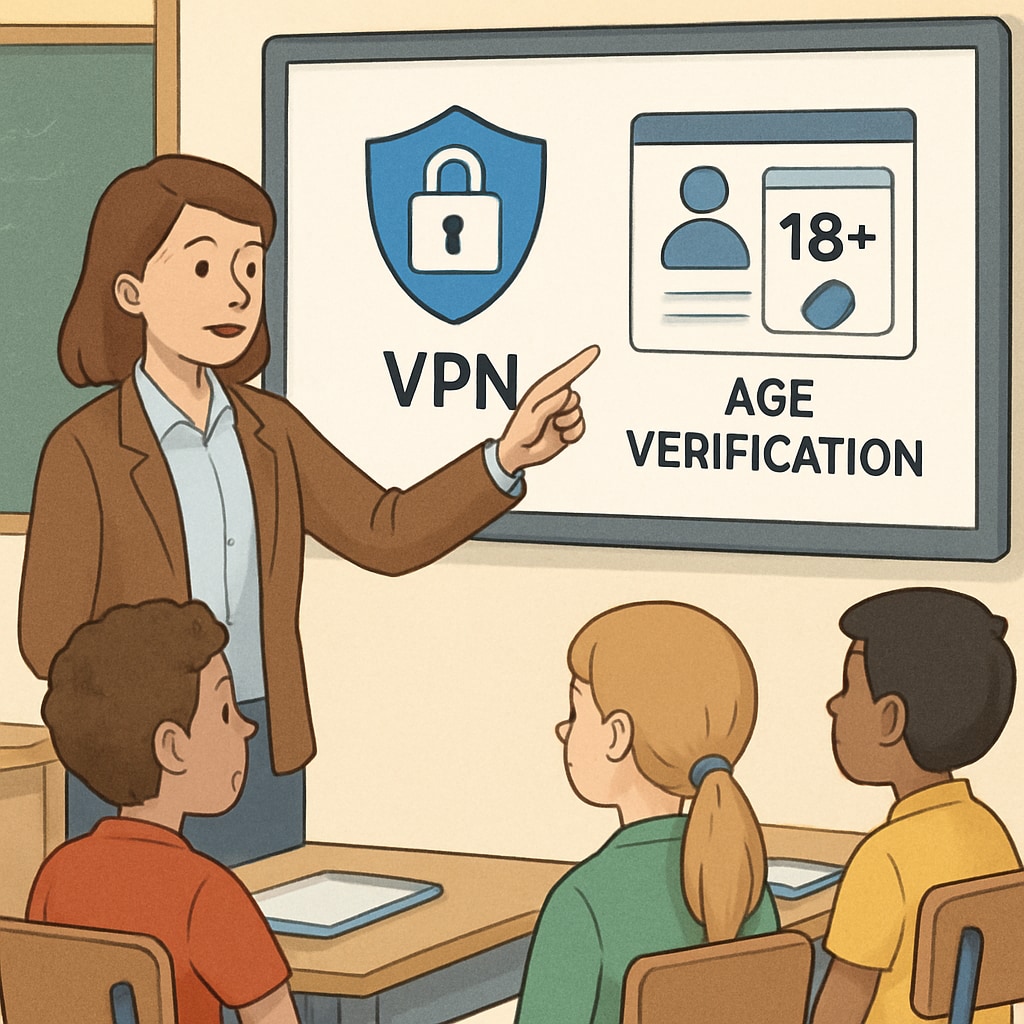The introduction of stringent age verification laws in the UK has sparked widespread discussions about their ripple effects, particularly on VPN usage and the digital education of young people. As governments aim to ensure safer online environments, the K12 education system plays a pivotal role in equipping students with the tools to navigate these changes responsibly. This article delves into the implications of these laws, the growing reliance on VPNs, and how educational institutions can foster a culture of digital literacy and safety.
Understanding UK Age Verification Laws and Their Broader Implications
In an effort to protect minors from accessing adult content, the UK has implemented comprehensive age verification measures. Websites hosting explicit material are now legally required to verify that visitors are of legal age. While the intent behind these regulations is commendable, they have also highlighted certain challenges. For instance, many users, including minors, are turning to Virtual Private Networks (VPNs) to circumvent these restrictions.
VPNs, by masking a user’s location and providing anonymity, can potentially undermine the purpose of age verification systems. This raises questions about the effectiveness of such laws and underscores the need for a broader approach that includes education as a cornerstone. Schools must step in to teach students the importance of ethical online behavior and compliance with digital regulations.

Integrating Digital Literacy and Online Safety in K12 Education
Educational institutions have a unique opportunity to address the challenges posed by age verification laws. By integrating digital literacy into the curriculum, schools can ensure that students understand the importance of online safety and responsible internet use. This includes teaching them about the risks and limitations of using VPNs to bypass content filters.
Key areas to focus on include:
- Understanding Online Risks: Educating students about potential dangers such as exposure to harmful content, data privacy breaches, and the legal consequences of bypassing age verification systems.
- Promoting Ethical Internet Use: Encouraging students to respect digital laws and fostering a sense of accountability for their online actions.
- Tools for Safe Browsing: Introducing students to parental controls, content filters, and other tools designed to create a safe online environment.
By prioritizing these areas, schools can empower students to make informed decisions and navigate the digital landscape responsibly.

Balancing Regulation and Education for a Safer Digital Future
While age verification laws are a step in the right direction, they are not a standalone solution. A balanced approach that combines regulation with education is essential. Schools, parents, and policymakers must collaborate to create a framework that not only enforces compliance but also nurtures an understanding of why these measures exist.
For example, schools can host workshops or seminars involving cybersecurity experts to provide students with deeper insights into digital ethics and the importance of abiding by online regulations. Additionally, parents can play an active role by monitoring their children’s internet use and engaging in open conversations about online safety.
In conclusion, the intersection of age verification laws, VPN usage, and K12 education underscores the need for a proactive and holistic approach. By prioritizing digital literacy and fostering a culture of responsibility, we can prepare young individuals to thrive in a connected yet regulated digital world.
Readability guidance: The article uses concise paragraphs, incorporates lists to summarize key points, and ensures a balanced mix of transition words for better flow. The inclusion of actionable insights makes it practical and relevant for educators and policymakers alike.


